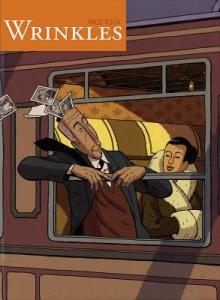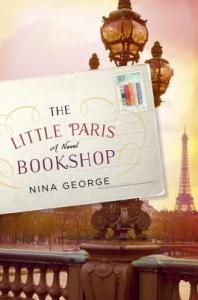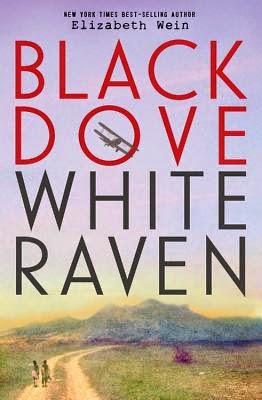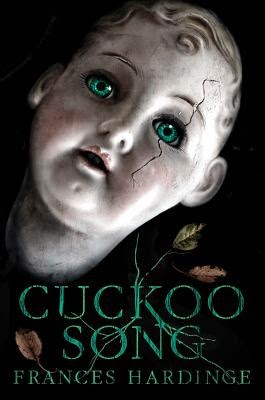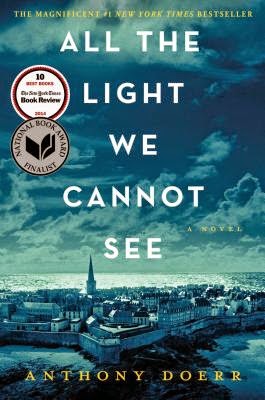by Cliff Burke
First sentence: “‘Smile!’ my mom urged.”
Support your local independent bookstore: buy it there!
Content: There are some moments of bullying and a neglectful father. It’s in the Middle-Grade section of the bookstore.
Ryan has been drifting apart from his best friend, Wilder, for a while. At first, it was because they went to different schools, but when Wilder’s mom got Ryan a scholarship to the elite private school Wilder went to, Ryan thought they would be friends again. But, it wasn’t to be: Ryan found himself, and the fact that he and his mom don’t have a lot of money, the butt of jokes. This summer, Wilder is off to a month-long farming camp in France, and his mom has made it so Ryan can come along. Ryan hopes that this will rekindle their friendship.
Spoiler: Ryan is wrong. When he gets to the farm, Wilder ditches him for some French kids and Ryan is stuck with some other international kids. He’s upset and sad and misses home at first, but with the encouragement of the director, he throws himself into gardening and milking goats, and making new friends. It turns out to be a good summer after all.
This was super fun, because who wouldn’t want to spend a month in France in the summer? Burke does a good job of giving us a feel for a French farm, and Ryan is sympathetic as he learns to make new friends. Wilder never is redeemed – he’s a twat right up to the end – but the book has a good message about letting go of old friends and finding new ones. Plus goats and bees.
I really liked it, in the end.



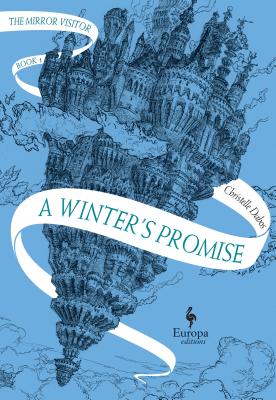 by Christelle Dabos
by Christelle Dabos

